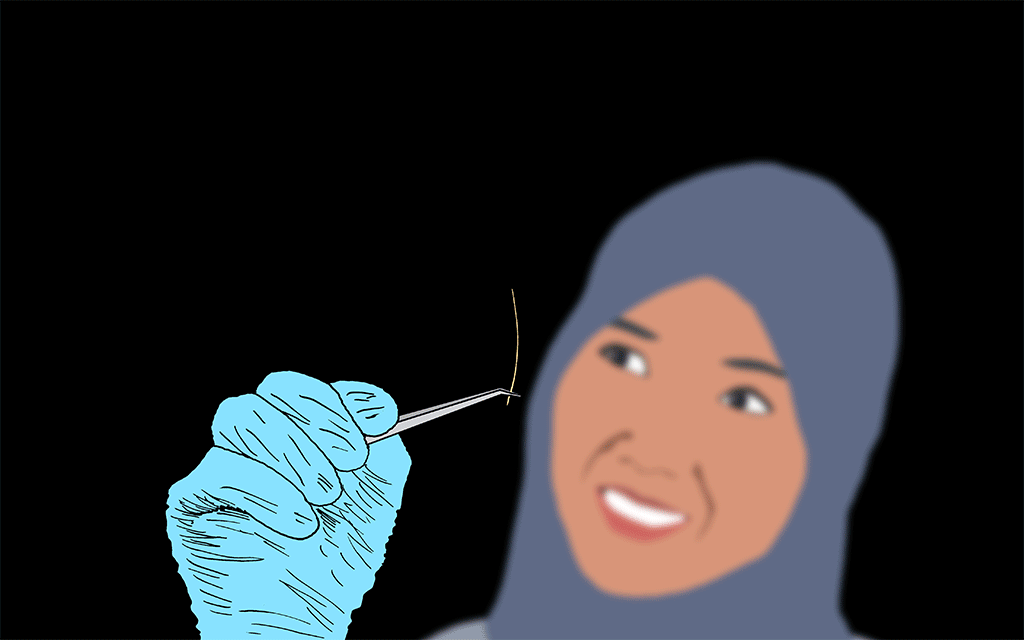ICYMI: Hair of the Tiger, Chick-Pill-A & Now Florida Doesn't Want You to Say "Climate Change"
Environmental news of the week for busy people

A single hair from a fence in West Java, Indonesia, suggests that the Javan tiger, believed to be extinct since the 1980s, still persists in the wild.
A Montana man pleads guilty to illegally importing Marco Polo argali sheep from Kyrgyzstan and cloning them in an attempt to create giant hybrid sheep to sell to captive-hunting ranches.
In the first such fatality since 1986, a mountain lion kills a man near Placerville, California.
Mexico City and Johannesburg, South Africa, are both critically short of water.
Nearly half the water drawn from the Colorado River goes to grow hay for cattle.
Avian flu spreads to cattle in Kansas, Texas, and New Mexico. The virus is transmitted from wild birds and does not seem to be passed between cattle.
Chick-Fil-A reneges on its pledge never to serve chicken that had been treated with antibiotics.
A necropsy conducted on Flaco, the beloved escaped Eurasian owl who died after colliding with a building in Manhattan in February, shows that it had high levels of rat poison in its body as well as herpesvirus from eating infected pigeons.
The Bureau of Land Management says that oil and gas companies operating on federal and tribal lands will have to contain releases of methane, the potent greenhouse gas.
At least 37 corporate members of the US Chamber of Commerce have voiced dissatisfaction with the organization’s attempts to block action on climate change.
Florida’s legislature wants to delete mentions of “climate change” from all state laws.
Alaska’s governor wants the state to build one or two new coal-fired power plants, financed in part by tax credits from the federal government for using carbon capture and storage technology. If built, they would be the first new US coal plants in a decade.
The melting of the polar icecaps due to climate change changes the speed of Earth’s rotation.
NO3, an air pollutant emitted by car exhaust and wildfires, alters the smell of flowers enough to make it difficult for moths to find their nectar.
Some female white-necked Jacobin hummingbirds adopt showy male plumage, apparently in order to avoid social harassment and gain access to more food.
Almost 20 percent of the food produced in the world is wasted—more than 1 billion metric tons a year.
 The Magazine of The Sierra Club
The Magazine of The Sierra Club



